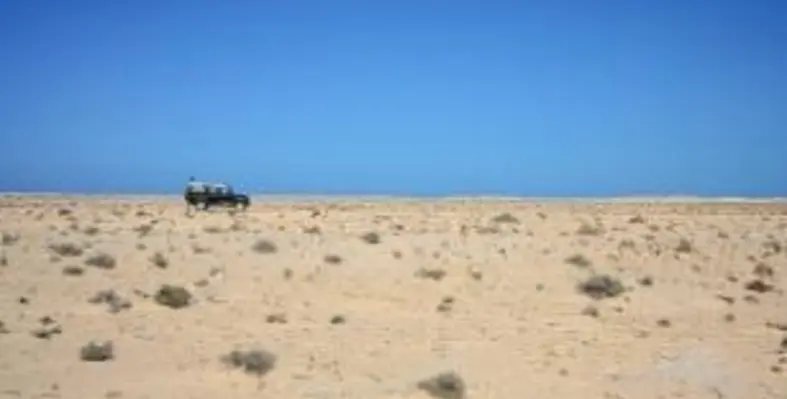TuNur Ltd, the UK-based private energy company, has filed an application with the Tunisian Ministry of Energy, Mines and Renewable Energy to develop 4.5 GW solar export project in the Sahara desert in southwestern Tunisia
According to TuNur, the solar power plant, if authorised, will be able to transmitting electricity from the North African coast to Malta, central Italy and south of France using submarine cable by 2020.
The first HVDC submarine cable will link Tunisia and Malta, as Malta is already connected to the European grid. The second cable system will link Tunisia to central Italy with a shoring point North of Rome. The firm said that this system is under development for many years and is currently being evaluated as a project of common interest by the European community.
A third cable is under study and will link Tunisia directly to the South of France. According to the company, the first part of the project has been estimated approximately US$1.6bn.
In a statement, TuNur stated that the generated power will be able to provide electricity to more than five million European homes or provide fuel to more than seven million electric vehicles.
The solar power plant will also supply electricity to meet Tunisia’s domestic power demand. “Part of the production will be available for local and national consumption, at the option of the Tunisian government,” said the firm.
Kevin Sara, CEO of TuNur, explained, “The economics of the project are compelling, the site in the Sahara receives twice as much solar energy compared to sites in central Europe, thus, for the same investment, we can produce twice as much electricity.”
El Ghrib Collective Lands Management Board has owned the proposed land for the solar power plant in the Sahara desert. Mohamed Larbi Ben, the chairman of the management board, said that the construction is expected to support economic development for Tunisia.
“It gives true value to quasi-desert lands in an environmentally sustainable way,” he explained.













